It all starts with replacing your fish oil.
1. The tiny pill that’s tanking the big blue
Here’s the inconvenient truth hiding in your supplement drawer: nearly one-fifth of all wild fish pulled from the ocean each year is ground into fish meal and fish oil instead of feeding coastal communities or ocean wildlife. (Mongabay) Even worse, almost 40% of that reduction industry comes straight from whole, wild-caught forage fish like anchovies and sardines—the very species that prop up entire marine foodwebs. (Oceanographic)
Translation? Every time we pop a traditional fish-oil capsule, we’re quietly funding the removal of the ocean’s most important “snack bar.” Fewer forage fish means hungry whales, seabirds, and coastal people—all so we can chase a nutrient that never belonged to fish in the first place (it starts in algae).

2. Krill oil isn’t the hero; it’s the plot twist nobody asked for
Krill marketers love to brag about “pristine Antarctic waters,” but here’s the rub:
-
Krill catch has quadrupled—from about 105 000 t in 2007 to more than 415 000 t in 2022.
-
Those same tiny crustaceans pull roughly 23 Mt of CO₂ out of the atmosphere every year—about the emissions of five million cars. (NIEonlineWWF Whales & Dolphins Initiative)
Hoovering up the Southern Ocean’s carbon-sink superheroes to make bright-red capsules? That’s like chopping down a forest to print pamphlets about conservation. Not cool.
3. Algae: the original source (and the climate-smart upgrade)
Skip the middle-fish and go straight to the micro-algae that make omega-3s in the first place. Modern fermentation-grown algae oils:
-
Slash climate impact by 30-40 % compared with fish-oil DHA production. (Europabio - Europabio)
-
Require zero wild catch (the only nets involved are Wi-Fi).
-
Keep krill and forage fish doing what they do best—feeding whales and locking carbon away for centuries.
4. Okay, so—what can you do today?
-
Swap the bottle. Next time you re-up on omegas, choose algae-based (yes, ours ticks that box, but any legit algae brand beats fish every time).
-
Spread the word. Post the krill-catch stat or the “one-fifth of wild fish” fact on your feed—tag the brands still pushing fish or krill oil and ask why.
-
Vote with your fork (and wallet). Support retailers and certifiers that are phasing out reduction fisheries.
-
Stay curious. Follow scientists and NGOs tracking ocean health. The more we know, the harder it is for greenwashed claims to slide by.
5. Big impact, small change
Swapping a capsule isn’t glamorous, but it’s powerful. Removing your demand for fish-derived omega-3s:
-
Keeps literal tonnes of forage fish in the water.
-
Leaves Antarctic krill to keep feeding whales and burying carbon.
-
Signals to the supplement industry that ocean-positive alternatives win.
You’re not just buying a different pill; you’re voting for an ocean where waves still break, reefs still glow, and future surf sessions (or ski-trip-worthy snowpacks) still exist.
#AdventureForever, and thanks for keeping the blue planet in play. 🐟⛔️🌿


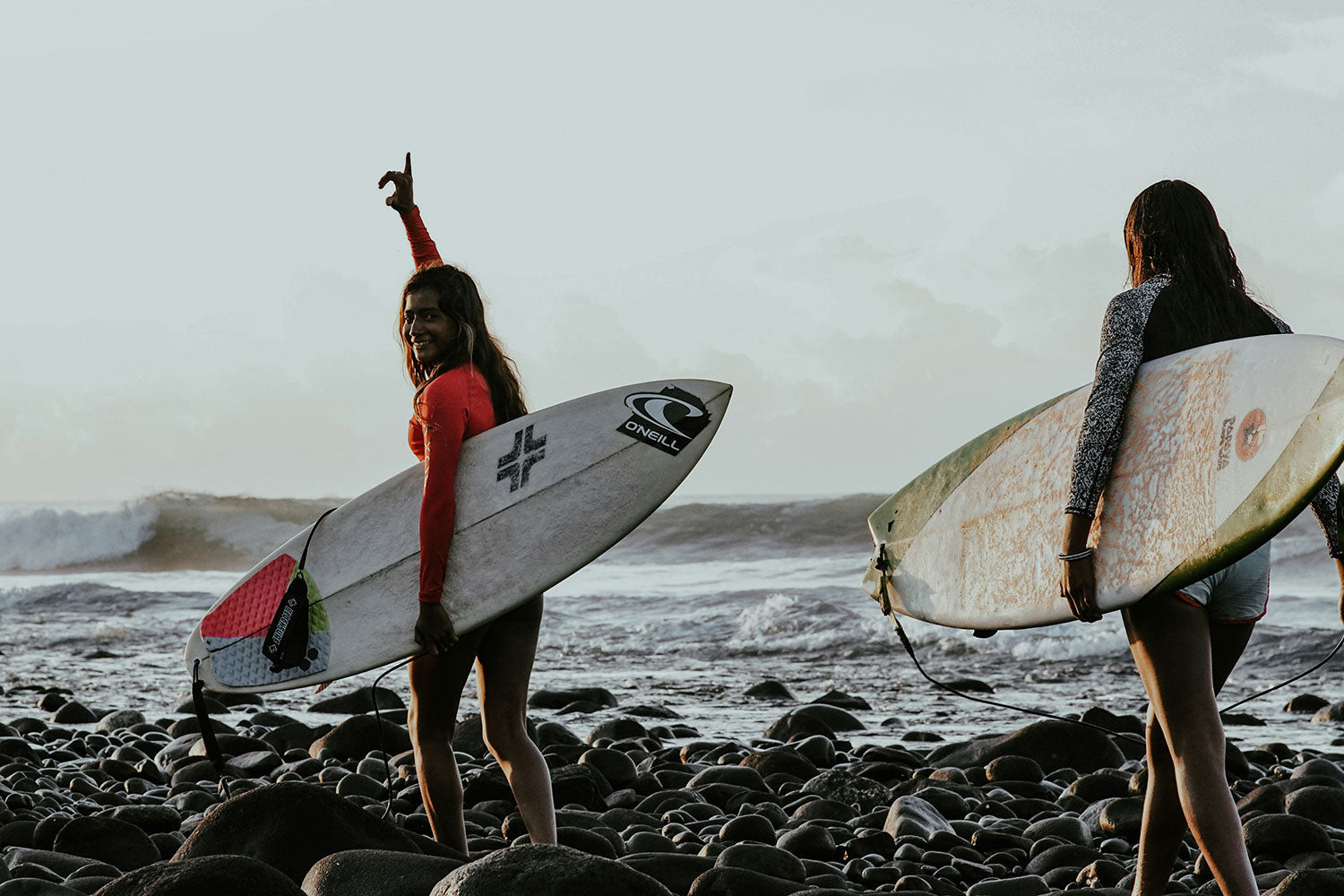
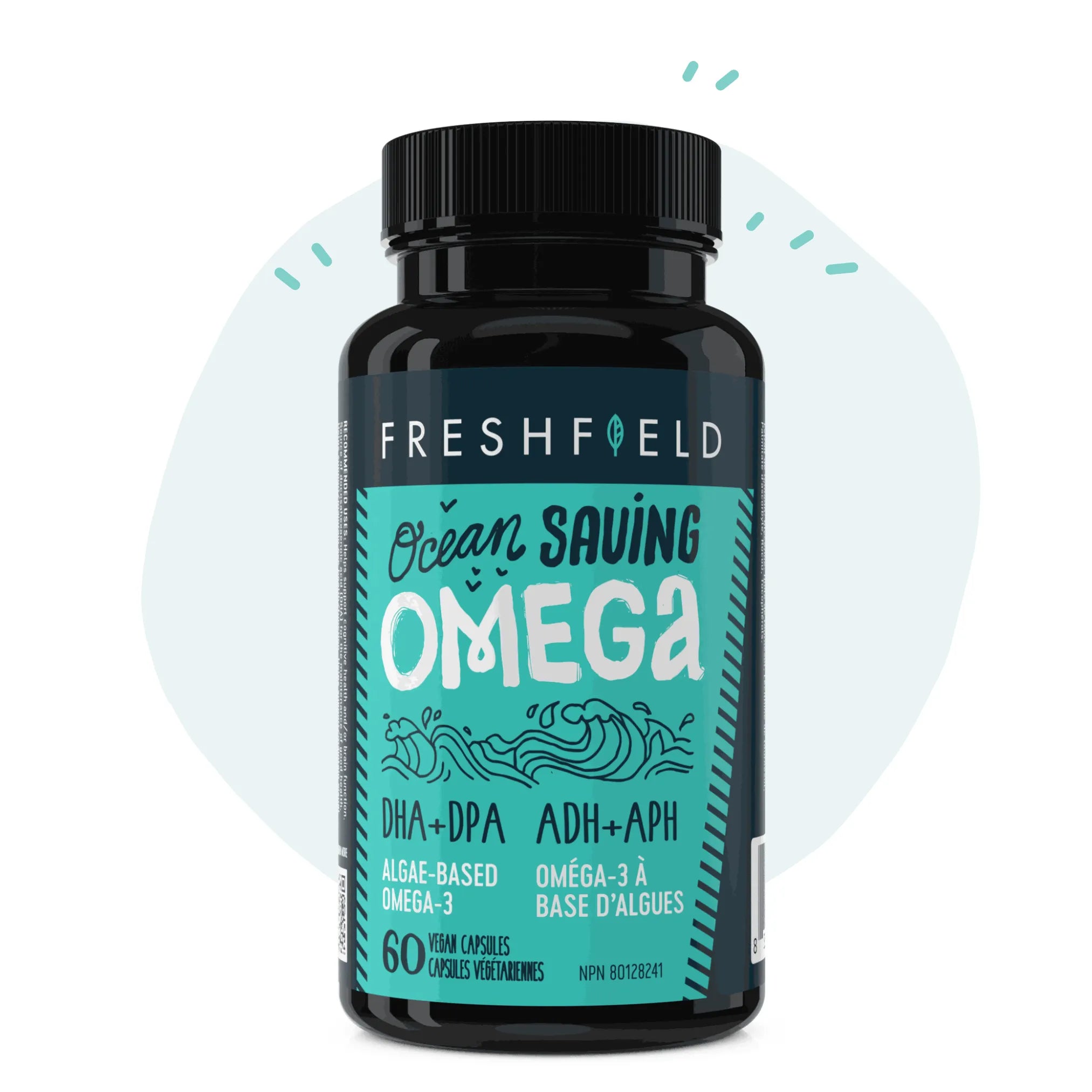
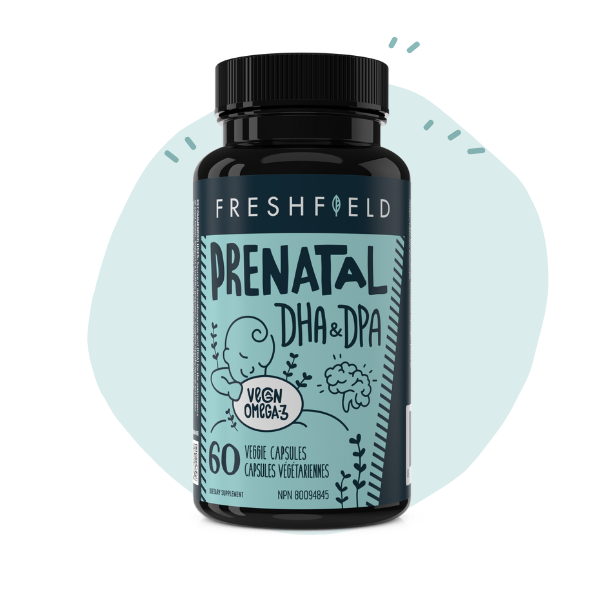
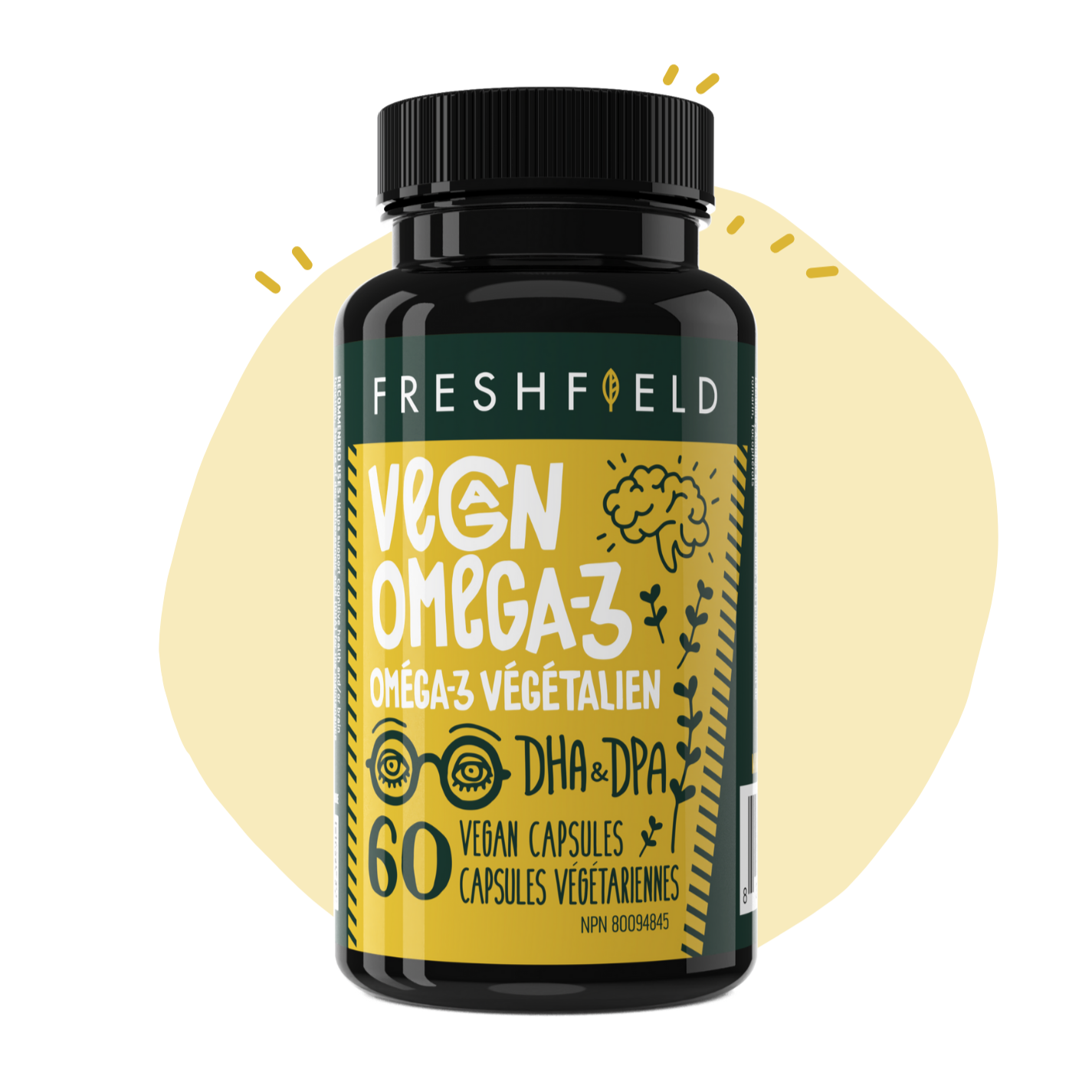
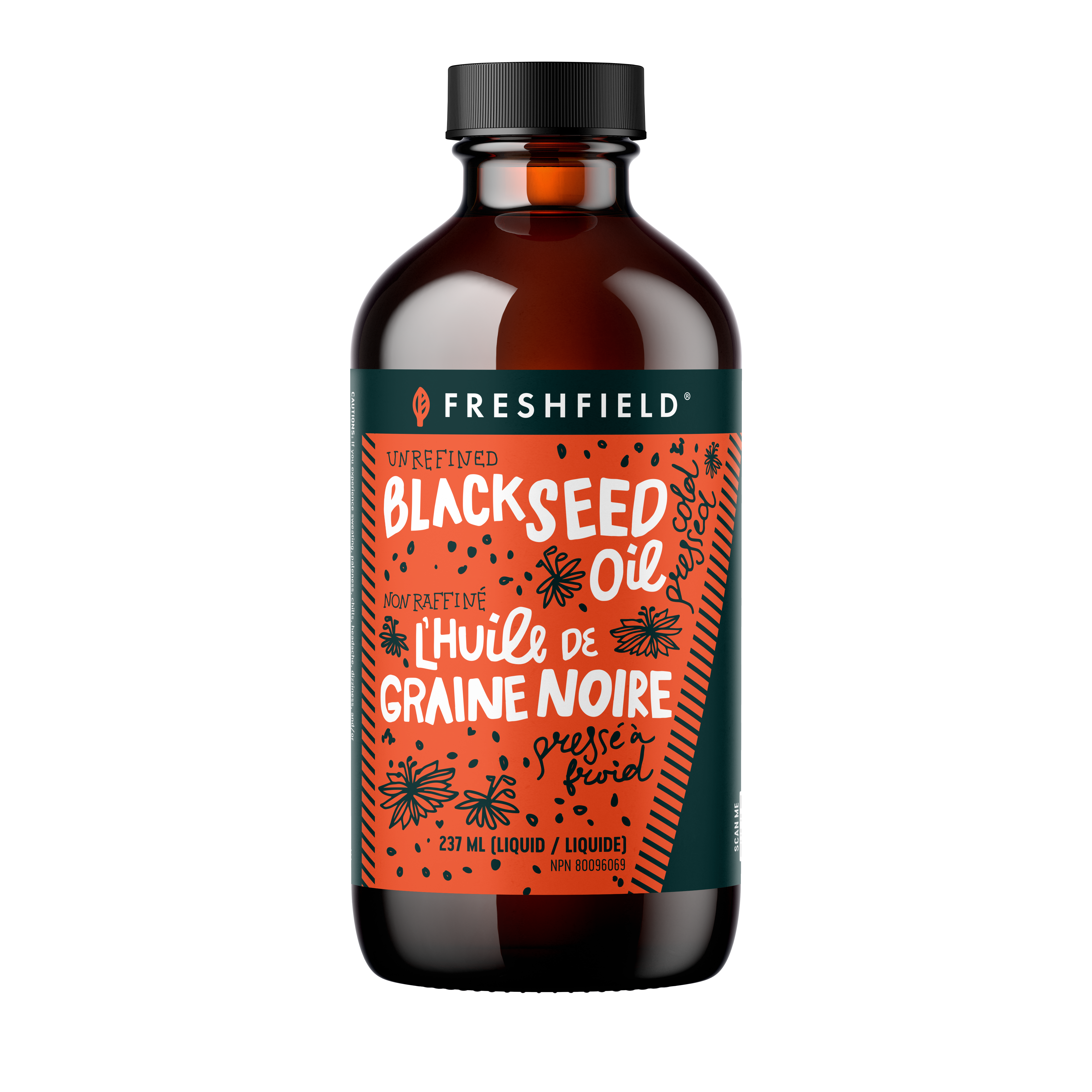
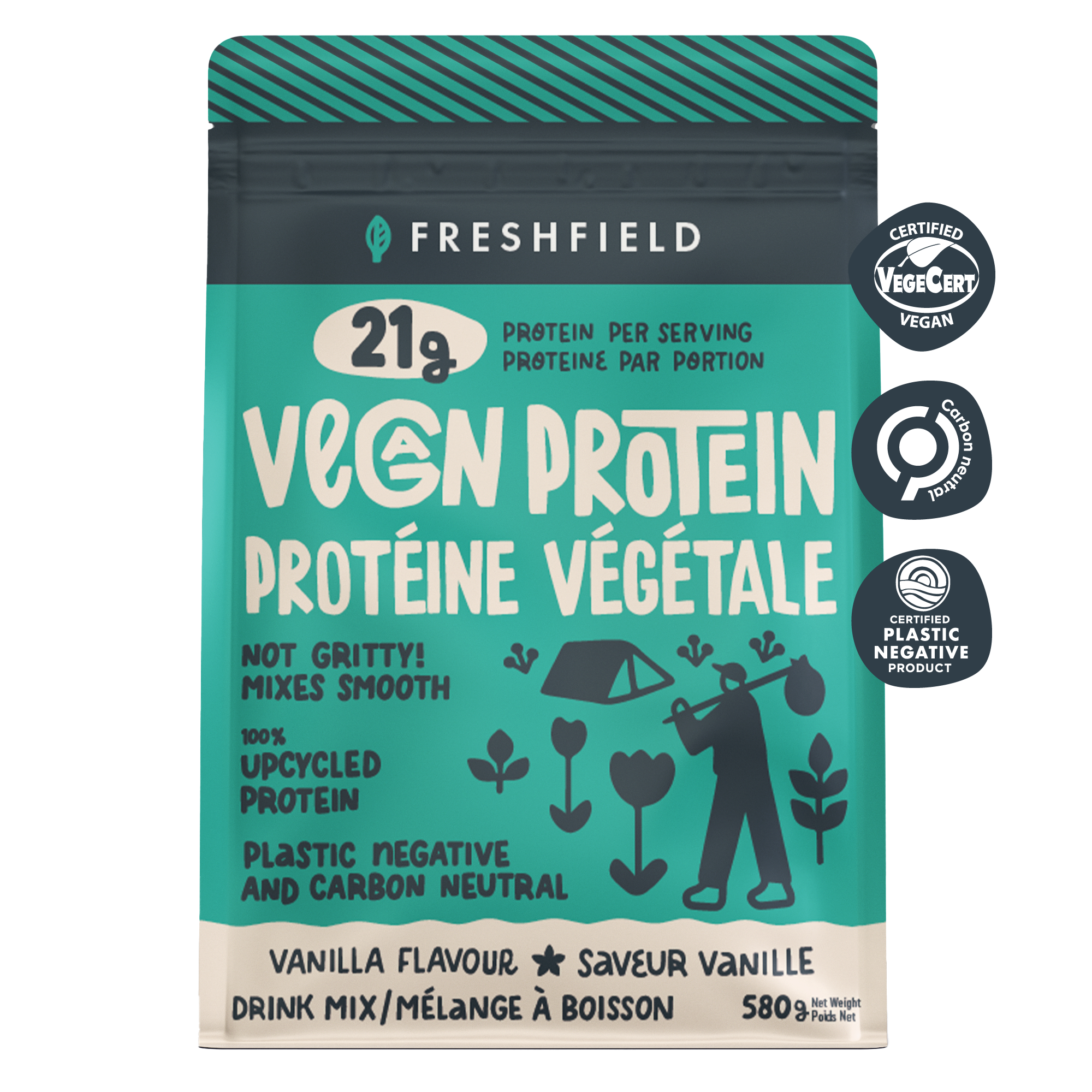
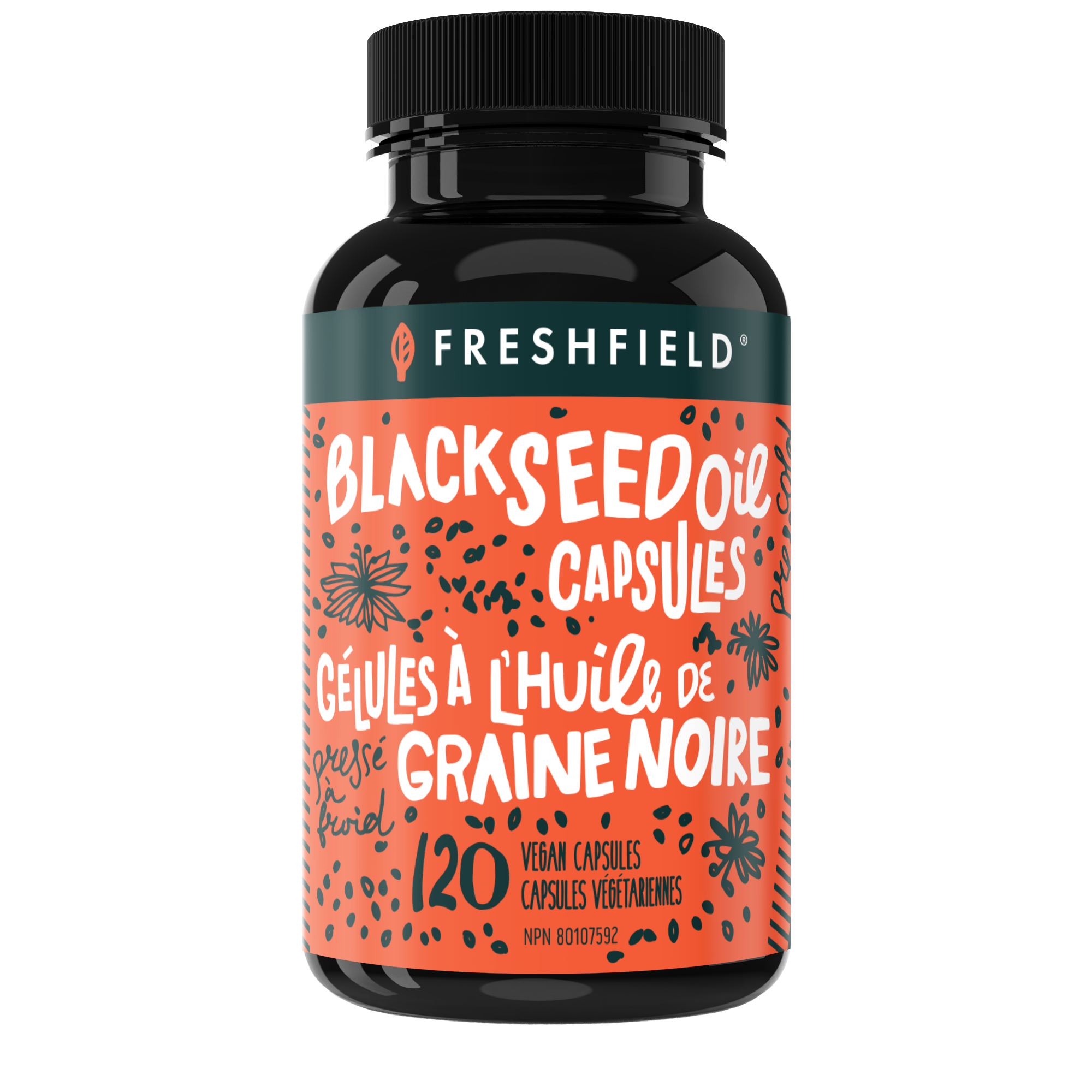
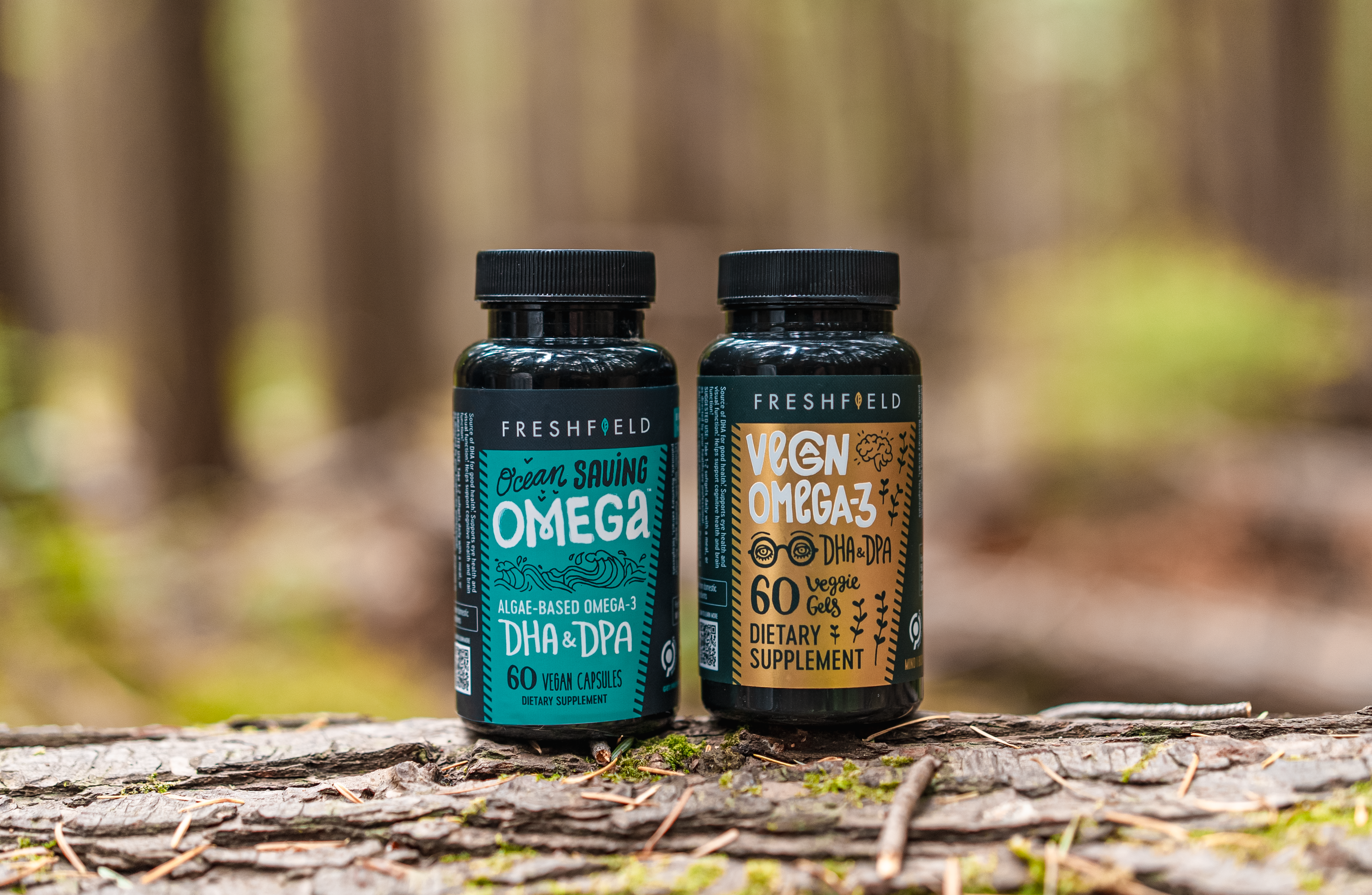
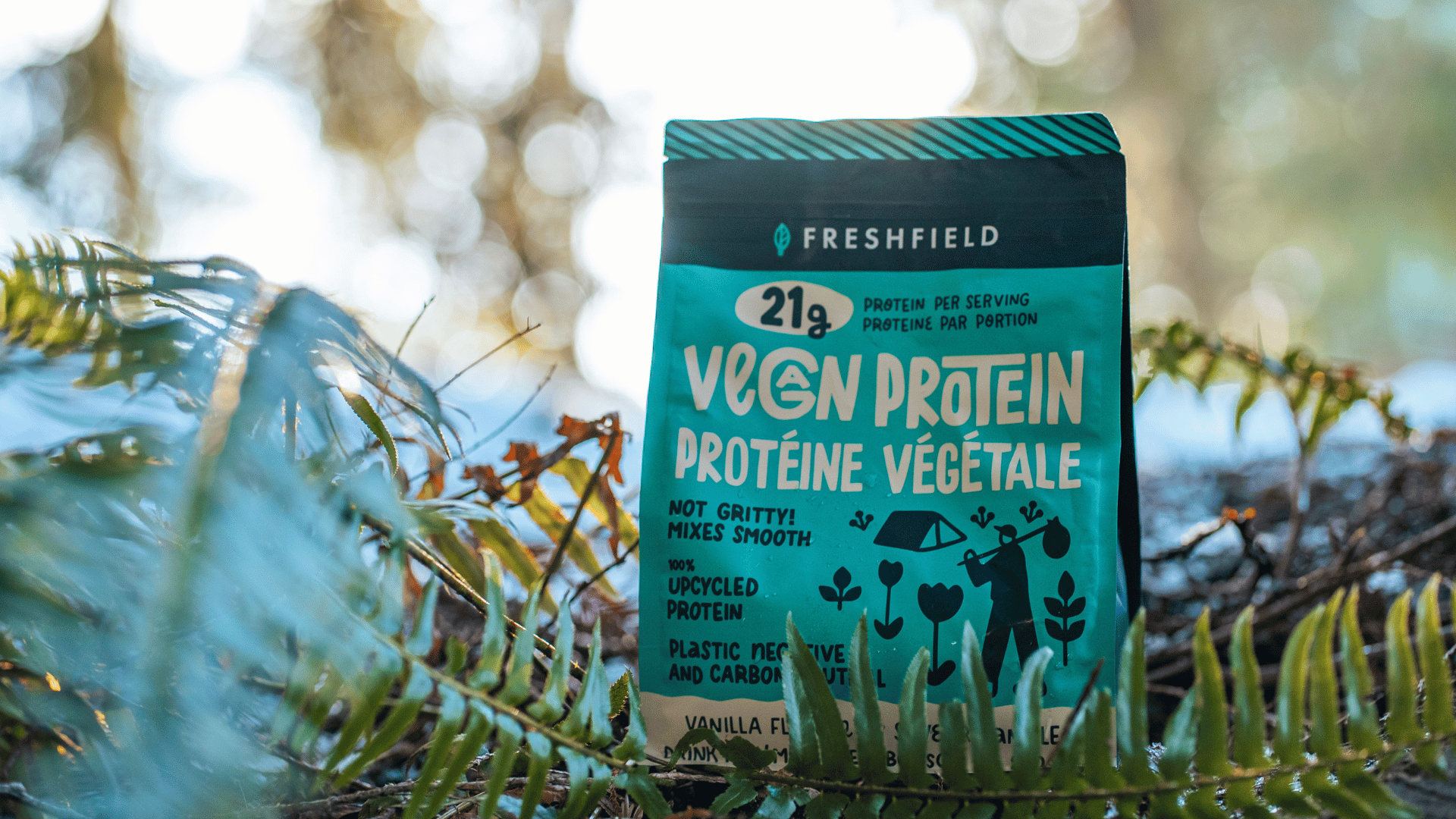
Share:
The Ultimate Throwback Action Sports Playlist
From Brewery Waste to Breakfast Shake